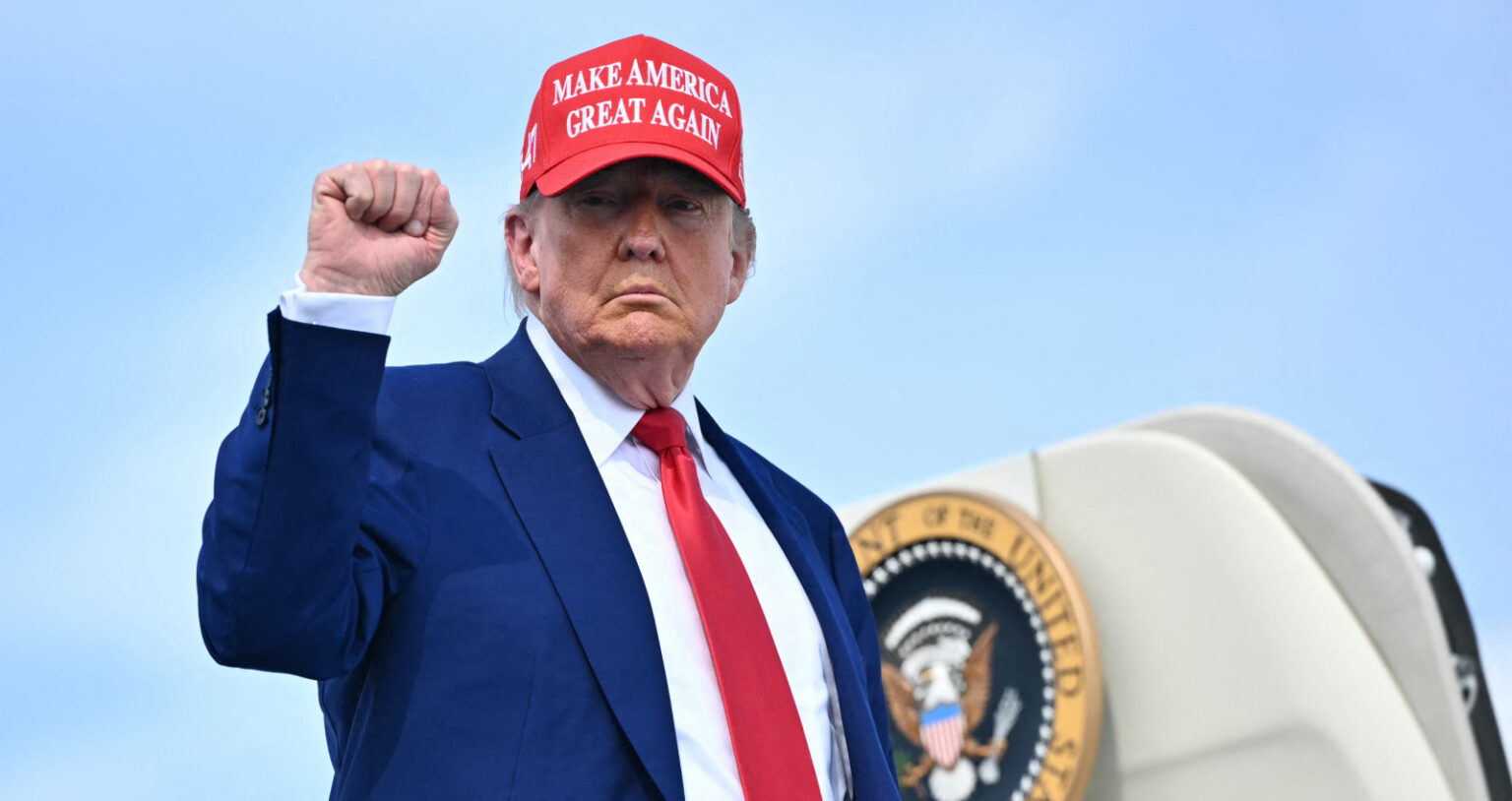
Texas Democrats Face Criminal Charges in Ballot Harvesting Probe
Nine Individuals Indicted as Part of Statewide Investigation Led by Attorney General Ken Paxton
July 13, 2025
A sweeping investigation into alleged illegal ballot harvesting practices in Texas has resulted in criminal charges against nine individuals, including a former Democratic Party county chair and several current and former public officials. The indictments mark a significant chapter in Texas’s broader effort to enforce election integrity laws amidst growing national scrutiny of ballot collection practices.
High-Profile Figures Named in Indictments
At the center of the case is Juan Manuel Medina, former chair of the Bexar County Democratic Party and a past mayoral candidate in San Antonio. Medina is facing two felony counts of vote harvesting for his alleged role in coordinating illegal ballot collection during the 2024 campaign cycle.
Prosecutors allege Medina orchestrated ballot harvesting operations in support of Democrat Cecilia Castellano’s unsuccessful bid for Texas House District 80, which she lost to Republican Don McLaughlin.
According to court documents, Medina allegedly provided compensation or benefits to two individuals—Rachel Leal and former Dilley council member Inelda Rodriguez—in exchange for what authorities describe as “vote-harvesting services.”
Additional Officials Charged in Expanding Case
The investigation, described by Attorney General Ken Paxton as ongoing, spans multiple jurisdictions and has implicated a range of public figures:
Petra Davina Trevino, former mayor of Pearsall
Mary Ann Obregon, former mayor of Dilley
Raul Carrizales III, Frio County Commissioner (Precinct 3)
Maricela Garcia Benavides, secretary of Pearsall ISD Board
Susanna Flores Carrizales, local political organizer
The wide net cast by prosecutors suggests what officials believe to be a coordinated network of illegal ballot collection activities spanning multiple communities.
Defense Teams Push Back, Citing Overreach
Defense attorneys have pushed back forcefully, claiming the charges mischaracterize legal voter outreach as criminal conduct.
Attorney Don Flanary, representing Castellano, stated his client “did nothing illegal” and warned that the investigation could discourage lawful political engagement. “The problem is—it’s very chilling for people,” Flanary told reporters.
This echoes broader concerns in Texas and nationally, where the distinction between lawful assistance and illegal harvesting is often debated, especially given the complexity of absentee voting regulations.
Inside the AG’s Investigation
The case is part of a larger effort led by Republican Attorney General Ken Paxton, who has prioritized election security as a key initiative. Law enforcement actions have included:
A search of Medina’s home
Seizure of Castellano’s phone
Digital forensic analysis
Multiple subpoenas and interviews across counties
Paxton’s office has also announced parallel investigations into 33 individuals flagged as potential noncitizen voters, based on data from the federal SAVE database maintained by the Department of Homeland Security.
Legal Challenges and Judicial Disputes
The investigation has already encountered legal friction. In one notable instance, a state district judge blocked Paxton’s attempt to stop Bexar County from mailing voter registration forms—but the 5th Circuit Court of Appeals overturned that decision in Paxton’s favor.
These back-and-forth rulings reflect the broader tensions between state and local election authorities, particularly in Democratic-leaning urban areas.
A National Pattern Emerges
The Texas indictments mirror similar ballot harvesting cases across the U.S. In Arizona, for instance, two individuals were indicted in 2022 for allegedly depositing ballots for third parties during the Yuma County primary. The national implications of such prosecutions continue to stir debate over election laws and their enforcement.
What is Ballot Harvesting?
Ballot harvesting typically refers to the practice of collecting and submitting absentee ballots on behalf of other voters. While legal in some states with restrictions, Texas law is notably strict:
Permitted:
Immediate family members
Legal caregivers
Election officials (under certain conditions)
Prohibited:
Third-party operatives or political organizations collecting multiple ballots
Exchanging benefits or compensation for ballot collection
The challenge for prosecutors lies in proving intentional violations, especially in gray areas where voter assistance may appear benign.
Political Fallout and Chilling Effects
The case has clear political ramifications, involving Democratic Party officials and led by a Republican attorney general known for aggressive election-related enforcement.
Supporters of the probe argue that strict enforcement deters fraud and upholds electoral integrity, while critics warn it may suppress legitimate voter outreach, especially in marginalized communities.
Voting rights advocates have voiced concern that nonprofit and civic groups may now reduce assistance efforts for fear of legal jeopardy, potentially depressing turnout in future elections.
What’s Next?
With charges filed, the accused will now enter the criminal justice process, including:
Arraignments and pre-trial motions
Possible plea negotiations
Full trials if necessary
Potential appeals depending on outcomes
Given the scope and complexity of the case, legal proceedings could extend well into 2026 or beyond. Additional indictments may also follow as Paxton’s office continues its review of 2024 election activity.
Conclusion: A Pivotal Case in Election Law Enforcement
The Texas ballot harvesting probe represents a defining moment in the national debate over election security, pitting concerns over fraud against fears of political overreach.
As the legal battle unfolds, it will likely set key precedents that shape how states interpret and enforce ballot collection laws going forward—while influencing how voter outreach is conducted across the country.